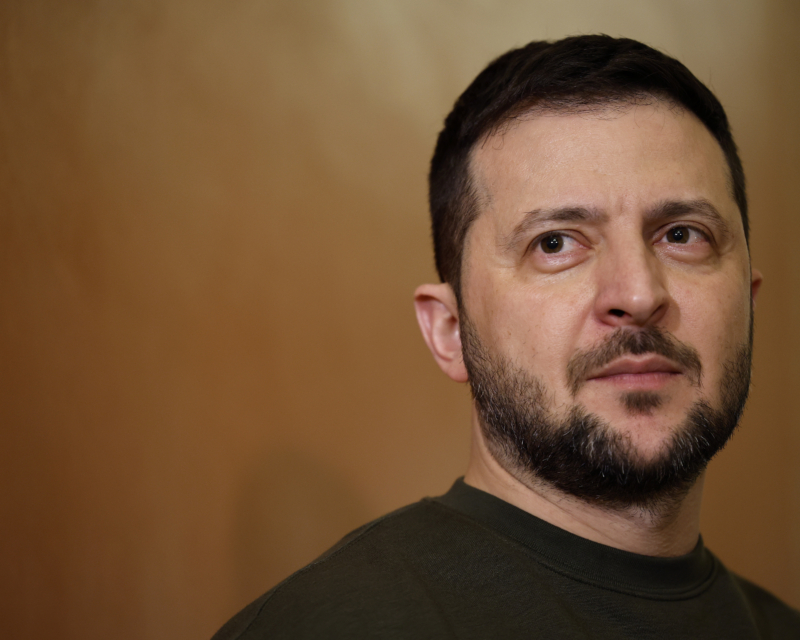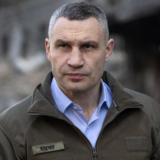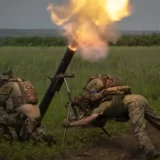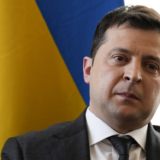Zelenskyy Faces Backlash as Rift Widens Between Him and the Military
Ukrainian President Volodymyr Zelenskyy’s unyielding commitment to an optimistic – or rather “delusional” – messaging strategy is causing a growing divide within his administration and the military. As Ukraine grapples with limited military successes and diminishing western support, the discrepancy between the official narrative and the harsh reality on the ground is generating discontent among military leaders and political rivals alike.
Zelenskyy’s unwavering commitment to projecting an optimistic front, where every move is a step forward and setbacks are buried under a veil of censorship, has come under scrutiny. Critics argue that the persistent gap between the official narrative and the grim situation on the front lines is no longer credible and risks demotivating both the Ukrainian populace and international partners.
The recent public criticism from Kyiv mayor Vitali Klitschko, who accused Zelenskyy of authoritarianism underscores the growing discontent within the political landscape. Simultaneously, military leaders are openly challenging the disconnect between Zelenskyy’s messaging and the harsh reality of a land war that General Valeriy Zaluzhnyi recently labeled as a “stalemate” – a term considered taboo in Kyiv.
Zelenskyy defends his optimistic approach, citing the necessity of reassurance for both doubters in the West and the confidence of Ukrainian businesses, crucial contributors to the war effort. However, critics argue that the strategy has created a confusing narrative where expectations are overstated, and the real state of affairs is obscured. The call for “balanced realism” is gaining traction among those who believe that the truth, no matter how difficult, is essential for maintaining trust and support.
The recent revelation by General Zaluzhnyi, openly acknowledging the stalemate in the land war, shocked many Ukrainians and prompted questions from concerned western leaders about the shift in priorities. The strategy of projecting unwavering strength and success, exemplified by the ten-month battle for Bakhmut, has faced criticism for glossing over the immense human cost.
Oksana Romaniuk, director at Ukraine’s Institute for Mass Information, emphasized the importance of acknowledging negative information, as the absence of such news erodes trust in the government. Despite censorship attempts, news about the grim realities of the war seeps through social media and word-of-mouth, challenging the narrative portrayed by government-approved news bulletins.
As Zelenskyy grapples with the delicate balance between maintaining optimism and addressing the undeniable challenges faced by Ukraine, the growing discontent among military leaders, political rivals, and the public indicates that a shift in communication strategy may be essential for fostering trust and unity during these trying times.






